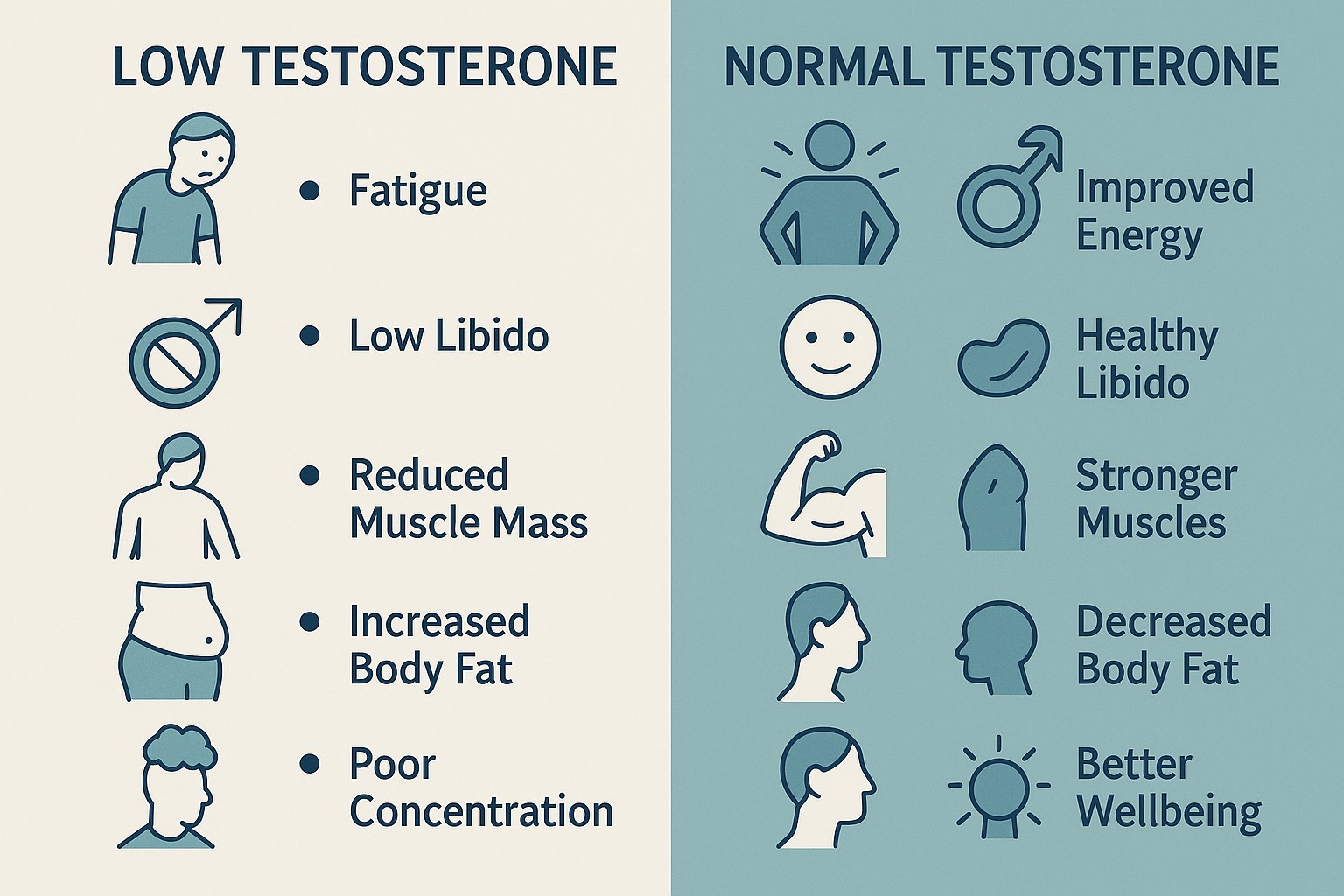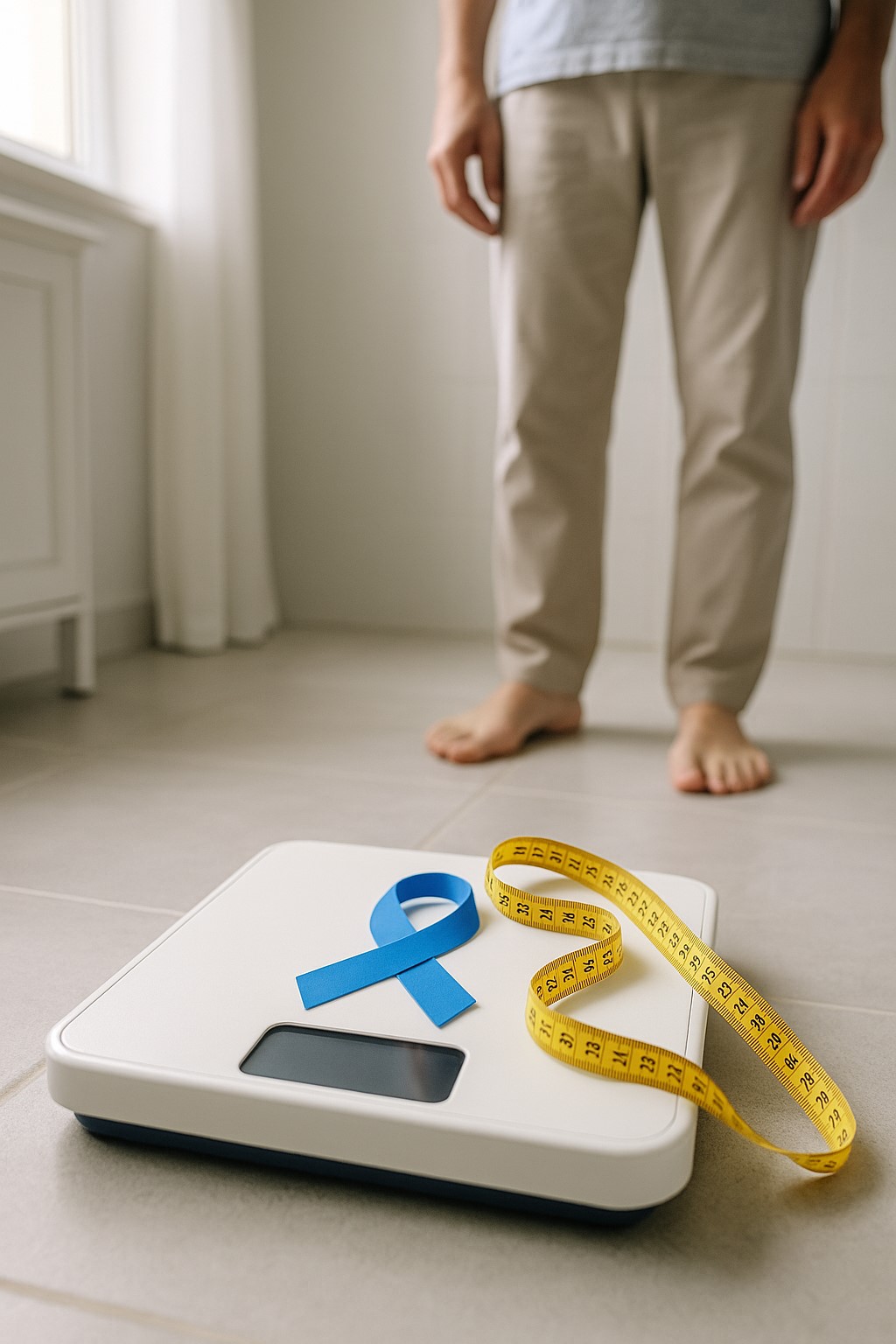Why Water Matters for Urological Health
Proper hydration is vital for maintaining urological health. Ample water reduces urinary tract infections (UTIs) by promoting frequent urination, which flushes bacteria out of the urinary tract. Adequate hydration also helps prevent the formation of painful kidney stones, as diluted urine is less likely to crystallize and develop into stones.
Climate and weather how do they impact us?
Climate changes can lead to varying hydration requirements. During warmer months or when engaging in outdoor activities, individuals should be especially vigilant about fluid intake to compensate for increased perspiration and avoid dehydration, which could exacerbate urological issues like kidney stone formation.
Do you drink enough during physical activity?
Exercise raises the body's core temperature and results in additional fluid loss through sweating. Understanding individual hydration needs during workouts is crucial for optimal performance.
Is there a difference with age and gender?
Water needs differ across age groups and genders. Children have higher water requirements relative to their body weight than adults, making it crucial to ensure they stay adequately hydrated throughout the day to support their development.
Older adults may experience a diminished sense of thirst, leading to reduced water intake and increased risk of urological issues like UTIs.
How does the urine colour guide me?
Monitoring the colour and frequency of urine can provide valuable insights into hydration levels. Pale yellow urine generally indicates proper hydration.
Darker urine suggests more fluids are needed to prevent urological complications associated with concentrated urine.
Frequent urination may indicate urological conditions like UTIs or overactive bladder and can also be a sign of medical issues like diabetes.
What are the signs of dehydration?
Recognising common symptoms of dehydration, such as dry mouth, fatigue, and dizziness, is crucial for prompt intervention and maintaining urological health.
Mild dehydration can lead to urological problems like UTIs and kidney stone formation, while severe dehydration may exacerbate these issues and contribute to nocturia.
What are the recommendations for daily water intake by the National Health Service (NHS) Guidelines?
The NHS recommends an average daily water intake of about 2.5 litres (approximately 10 cups) for men and 2 litres (around 8 cups) for women.
These estimates include water from all beverages and foods. Following these guidelines supports overall health, including urological health.
What do the general duidelines state?
Other health authorities and organizations provide varied recommendations, accounting for age, activity level, and climate factors. A general guideline suggests consuming 30-35ml of water per kilogram of body weight.
Any Tips for Staying Hydrated?
- Carry a reusable water bottle and set reminders throughout the day.
- Incorporating water-rich foods, such as fruits and vegetables, contributes significantly to daily fluid needs. Integrating them into meals can help maintain proper hydration.
- Avoiding excessively dehydrating beverages, such as sugary sodas and alcohol, is crucial for overall hydration.
- Add flavour to water with natural infusions like lemon, cucumber, or mint. Herbal teas and coconut water can also provide refreshing hydration options.
- Avoid heat peaks, stay in the shadows, wear cotton-light-colored clothes, and eat light during hot days.
Can I overdrink and harm myself?
Overhydration, also known as water intoxication, occurs when an excessive water intake exceeds the body's capacity to excrete it. This leads to diluting electrolytes, especially sodium, in the bloodstream. Such a condition can have adverse effects on urological health and overall well-being.
- Hyponatremia: Hyponatremia is a condition that arises from low sodium levels in the blood due to overhydration. When sodium concentration becomes too low, it can disrupt the body's fluid balance, leading to cellular swelling and affecting the central nervous system. Symptoms of hyponatremia include nausea, headache, confusion, seizures, and, in severe cases, coma.
- Global Polyuria: Overhydration can lead to increased urine output, a condition known as polyuria. Excess water in the body triggers the kidneys to produce more urine to maintain water balance throughout the day and night, leading to an increased frequency of urination.
- Nocturia: Nocturia is when individuals wake up at night to urinate. The body attempts to eliminate excess water accumulated during the day. Frequent nighttime urination can disrupt sleep patterns and lead to daytime fatigue.
Several medical conditions can contribute to overhydration and its consequences for urological health:
- Syndrome of Inappropriate Antidiuretic Hormone (SIADH): This is a condition in which the body makes too much antidiuretic hormone (ADH), which makes the kidneys hold on to water. This can result in dilutional hyponatremia and cause polyuria and nocturia.
- Heart Failure: In heart failure, the heart's pumping ability is compromised, leading to fluid retention, which can result in increased urine production, leading to global polyuria.
- Kidney Dysfunction: Certain medical conditions can impair the ability to regulate water and electrolyte balance. This can cause overhydration, leading to urological issues like polyuria and nocturia.
Reflection by a consultant urologist
Water is the essence of life, and maintaining proper hydration is crucial for overall health and well-being, especially urological health. Understanding the factors influencing individual water needs and adopting healthy hydration habits lead to a more vibrant and energetic life while lowering the risk of urological issues.


